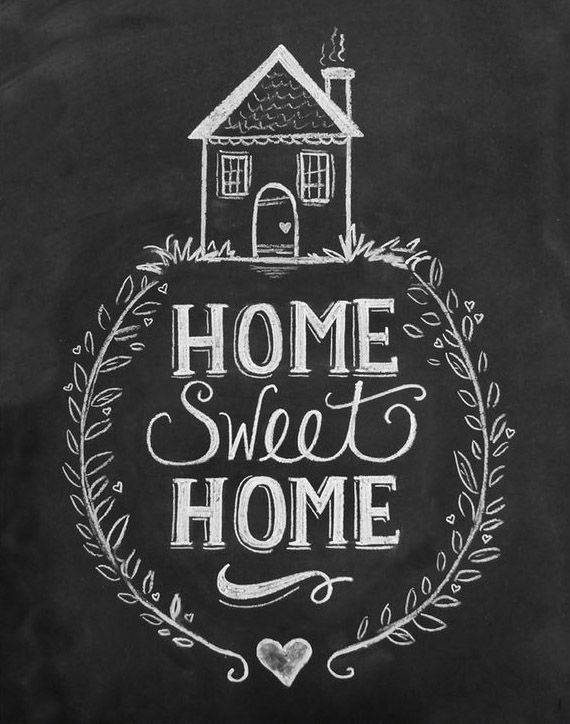I can’t stop thinking about the oil spill today. Yesterday, I read this blog post by Ed Brown, director of Care of Creation, Inc and author of Our Father’s World: Mobilizing the Church to Care for Creation. His post is short and powerful. You should take a second to read it.
In it, he asks the question: How should we pray about this oil spill? Should we ask God to miraculously stop the flow of oil into the ocean? Immediately bring healing to the animals and creatures already devastated by the spill? Protect our coastlines so that the oil disappears before it hits land?
No, he says. This is not a natural disaster. “We have done this to ourselves,” he says. I don’t know about you, but I’ve been angry at BP. I’ve been frustrated at their failures. I’ve been second guessing Obama’s decision to go forward with off-shore drilling in the first place. I’ve been thinking, “Isn’t there anybody who can figure out how to stop this?”
But I’ve failed to recognize my own part in this disaster. The irony of the time I’ve spent reading and applying St. Benedict’s Rule is that I’ve done it alone, in a city where though I’ve made plenty of contacts and acquaintances, I don’t have much of a community. And the Rule of St. Benedict is written for a community of monks who live life together. It’s about how to live as community, how to care for each other and respect each other. It’s about how to follow Christ together. And when we live together as we were meant to do, we recognize that we all contributed to the brokenness around us. I contributed to this oil spill just as you did, in my compliance in this culture of consumption, in my demand for more oil.
Brown says the biblical example we should be following as we pray for this situation is that of Daniel, who, following Jerusalem’s destruction and during their captivity in Babylon, recognized his and his people’s failures. “Daniel’s prayer is a model of how to pray when the disaster is our own fault: It is a prayer of confession,” Brown says. “It is an important principle that we cannot appeal to God for something that is our own fault unless we also admit to him that it is our fault.”
This morning I came across this article in The New York Times about the families grieving the eleven men killed in the explosion that set off this disaster. I hadn’t even realized there had been lives lost in the explosion. Of course, as a mom, I can’t stop thinking about Michelle Jones (mentioned in the article), whose husband was killed in the explosion and who is due to give birth to their second child any day.
What does it mean for us to realize our own part in this disaster? It feels like there’s so little we can do about our dependence on oil. It’s easy for me to remark on what a shame it all is and then go on living as I always have. But we can’t deny that BP was digging because we need that oil to run our electricity, our cars, our lifestyles.
On this Thankful Tuesday, while I’m grateful that our family is not dependent on the oil coated southern coast for our livelihood, I know that my sigh of relief is not the kind of response that Christ calls me to. What should my response be? Yes, I can pray. I can drive less, turn off my lights, learn to depend less on the oil-produced energy that runs my life. But I’d love your thoughts. What can we do to respect our land more, to care for our planet in a profound way? Because I can’t help but think that repentance is not repentance unless we change our ways. It’s not enough for us to simply confess to God our failures as an oil hungry society.
You and I are regular people. We’re individuals. But God has called us to live lives of community and to recognize not only our own sin but the sin of the society we live in. We have failed our neighbors in Louisiana. Now, what will we do about it?











